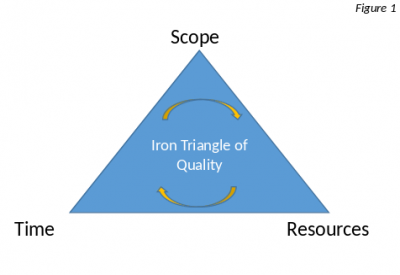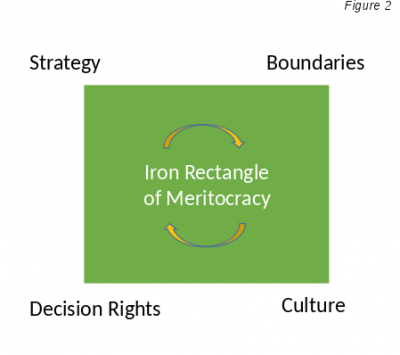Tips for overcoming your team’s impostor syndrome
https://opensource.com/open-organization/17/5/team-impostor-syndrome?sc_cid=7016000000127ECAAY
Want to overcome your team’s feelings of inadequacy? Start by making different language choices.
“Are we the right people to be doing this?” someone said.
That sentence hit me hard. It expressed the feeling that we shouldn’t be in the position we’re in.
It expressed a kind of impostor syndrome.
How should we think about impostor syndrome when we aren’t talking about how a single individual might be feeling inadequate? What if, instead of someone saying “I don’t think I’m the right person for this team,” an entire team is expressing, collectively, that “We are not the right people to be doing this” What might make a group of people feel collectively inadequate?
Understanding the role merit plays in open organizations requires more research. This model is a place to start.
In the 1980s and 1990s, during the era of the “Quality Movement,” specialists and project managers regularly invoked a timeless truth of some classic trade-offs at work. Developing any product or service for a certain level of quality always seems to depend on three variables: the scope of the project to build it, the time allowed to build it, and the resources available to do the job (i.e. its cost).
“Iron Triangle of Quality” (also called Iron Triangle of Project Management).
Let me suggest that with meritocracy, there are fundamentally not three but four, inter-related variables; taken together they set the parameters of shaping competitive excellence in any open organization. We might call these four the “Iron Rectangle of Meritocracy.”
Strategy: How does the enterprise create distinctive value for its customers?
Boundaries: How widely will the enterprise seek competition to find its excellence?
Decision Rights: Who will decide and make final judgments about what is “the best” (knowledge, ideas, talent, etc.)?
Culture: What are the values and beliefs, the mindsets and ways of working across the enterprise that will adjust, contextualize or give proper meaning to what we deem “the best?”


0 Comments
Be the first to post a comment.